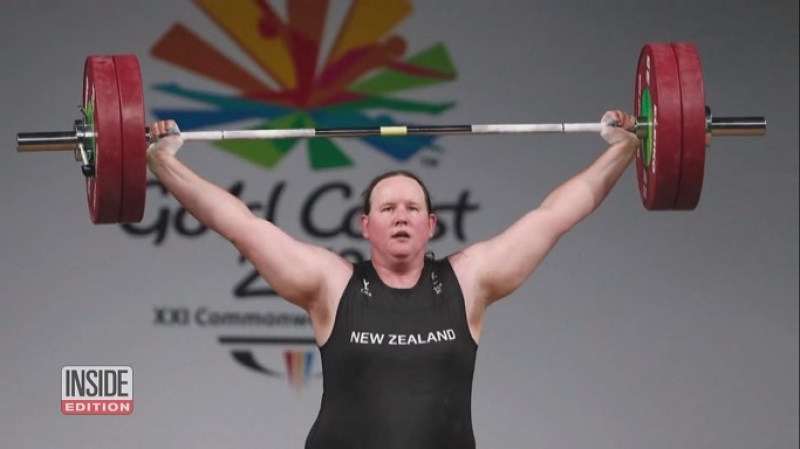
The 2021 Olympic Games is slated to take place this Friday, July 23 through August 8 in Tokyo, Japan after the COVID pandemic forced organizers to postpone the global event.
According to Breitbart, the 2021 Olympics is special not because of the athletes' talents but because the International Olympics Committee (IOC) has, since 2015, allowed biological men to compete against biological women as long as the trans-identifying athlete had undergone hormone treatment and had suppressed their testosterone level for at least a year before the competition.
This year, four biological males who identify as women are competing in the Olympics, namely Canadian archer Stephanie Barrett, Brazilian volleyball player Tifanny Abreu, New Zealand weightlifter Laurel Hubbard, and American cyclist Chelsea Wolfe. That's four missed chances for biological women to compete and succeed in their respective sports.
"The science suggests males retain an advantage over females, no matter how they identify," a report published by The Economist last week declared. This will be proven by Hubbard, whose weighlifting sport will draw crownds in the 2021 Olympics as the transgender athlete will be competing against biological females in the Tokyo games. Hubbard is 43 years old and has won gold at the 2019 Pacific Games.
But the report argues that "Males have significant advantages over females in nearly every sport." When it comes to running, men are 10% faster than females, regardless if it's in sprints or marathons. For Olympic weightlifting, it was found that the performance gap is as vast as 25%, even after correcting for an athlete's size.
The report showed that the Olympic record for females in the 69kg body weight category is up to 286kg. Men of the same weight can carry up to 357kg. The report concluded, "Without sex categories, females would be absent from most elite sport."
Science argues that the "male sporting advantage is rooted in biology." Males naturally have bigger muscles than females. The male skeleton is also "better adapted for running" because there is "no need to accommodate childbirth." In addition, males are "taller, have denser bones, bigger hearts and higher levels of haemoglobin," the molecule responsible for delivering oxygen to different parts of the body.
Male puberty kickstarts these advantages when levels of testosterone begin a sharp rise. And, as The Economist noted, "because many of the advantages conferred by male puberty are permanent," the IOC's decision to let biological males compete with biological females renders the competition unfair.
The IOC believed that trans women can play against women if they underwent treatment to suppress such hormones. But this does not take away the fact that males are physically built differently from women. In fact, recent studies showed that the IOC was wrong to limit the decision to merely hormones because "no amount of hormone therapy can reduce the size of an athlete's body."
Also, a review in the British Journal of Sports Medicine revealed that a transgender woman's strength "may be well preserved during the first 3 years of hormone therapy," making them still stronger than biological females. The IOC has promised to review studies on this matter and possibly revise competition rules after this year's events.























